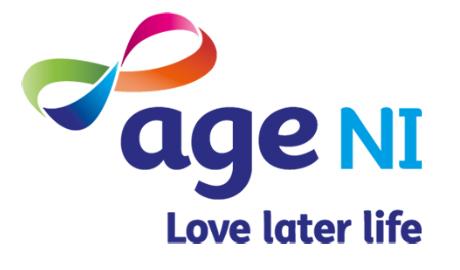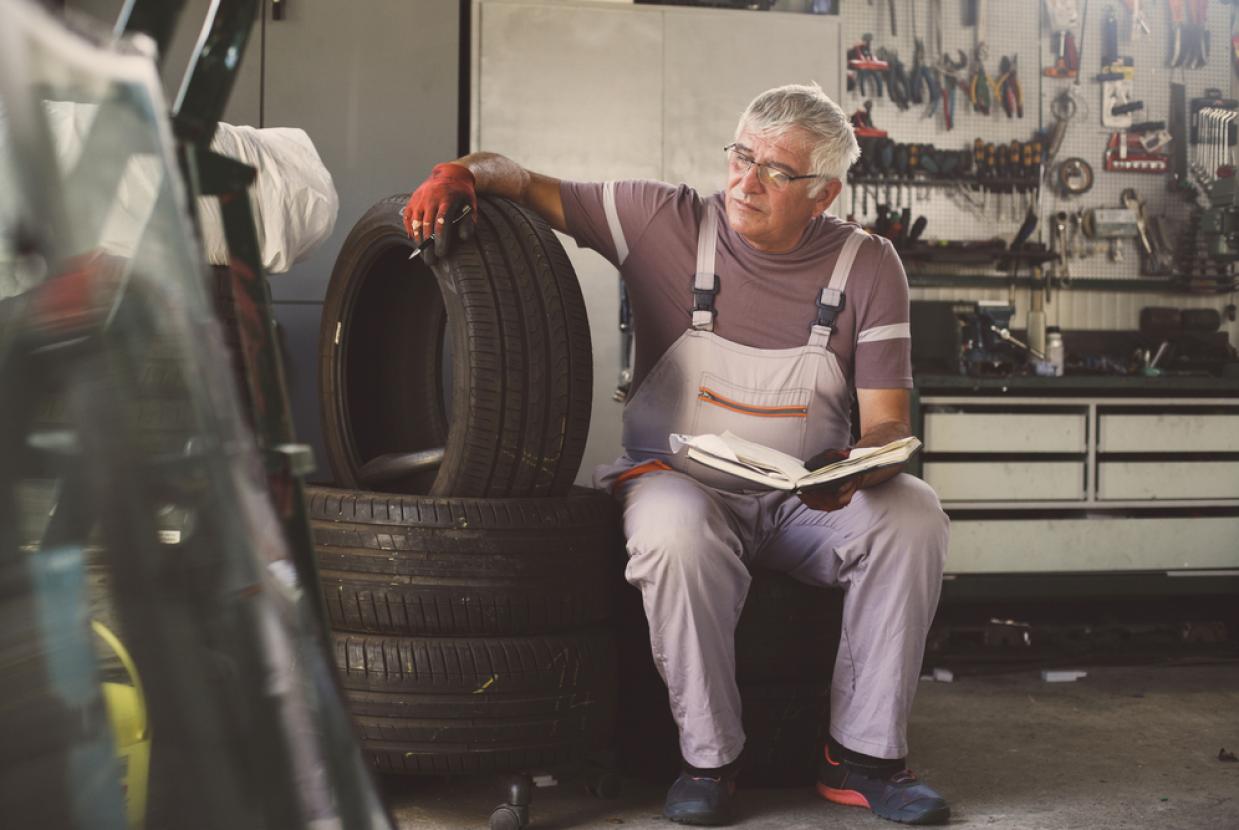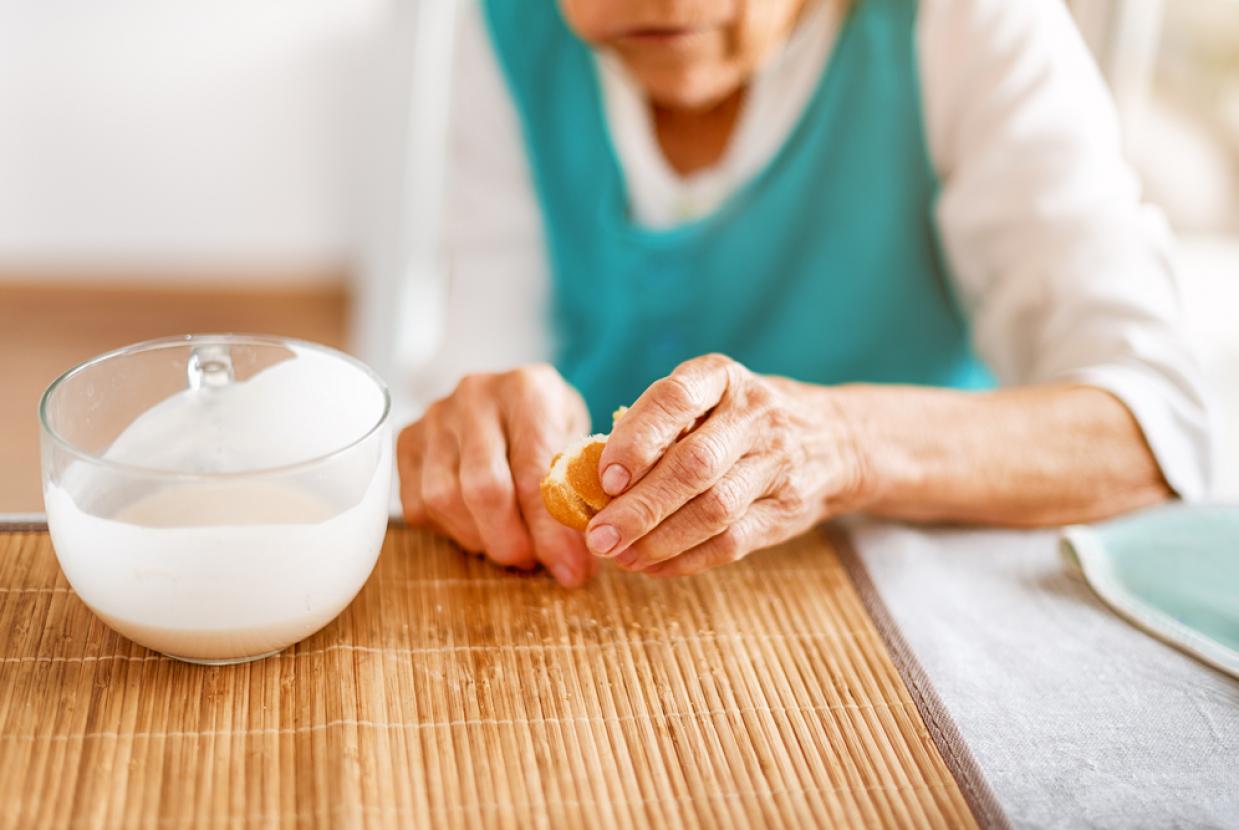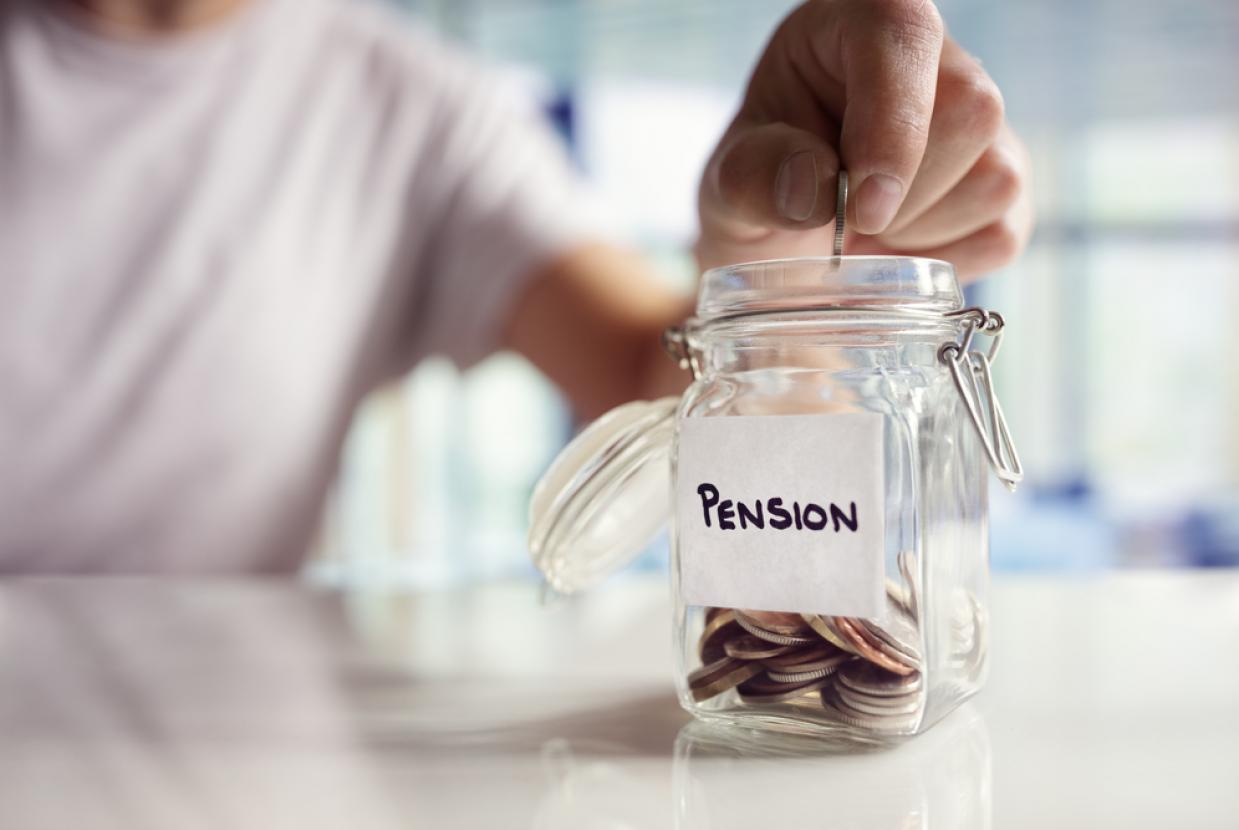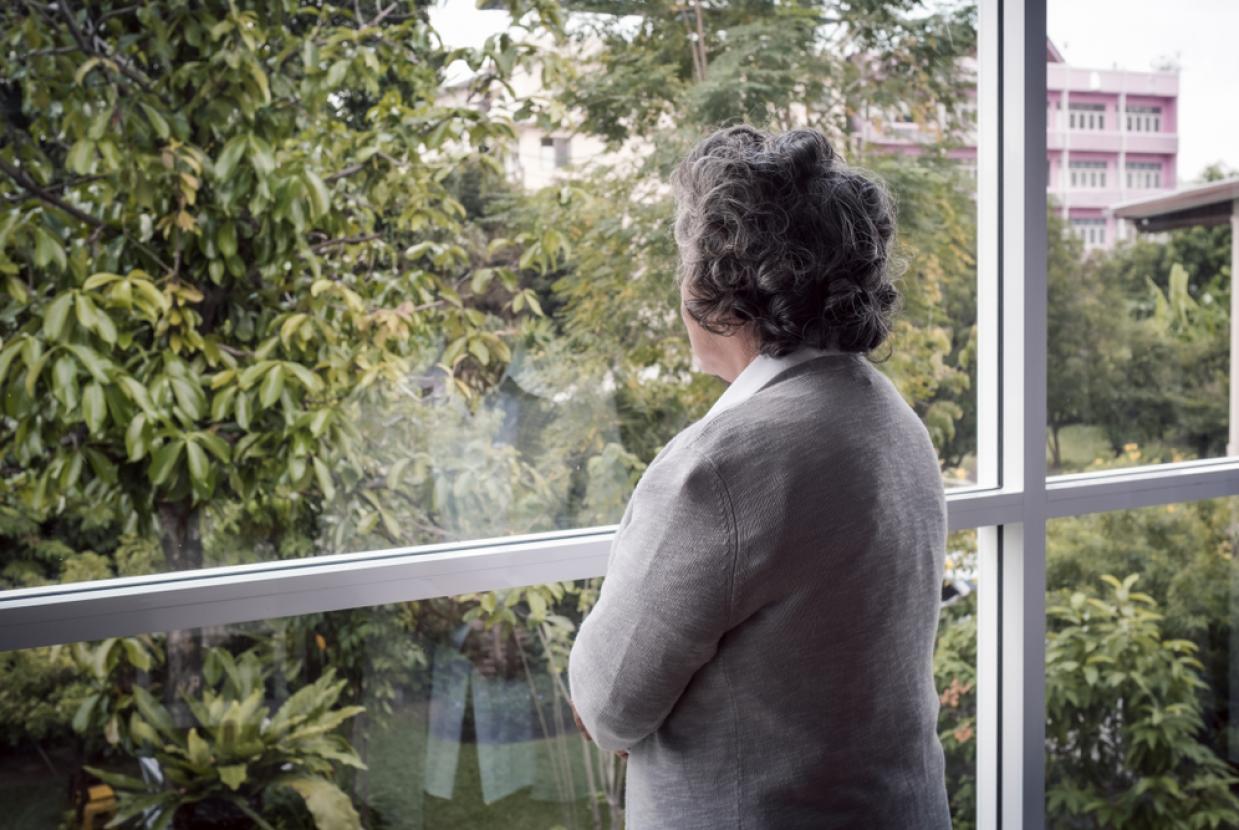Planning For Retirement
There are many things to consider as you approach retirement. It's good to start by reviewing your finances to ensure your future income will allow you to enjoy the lifestyle you want.
State Pension
State Pension is a regular payment from the government based on your National Insurance (NI) contributions. You can receive it when you reach State Pension age. From December 2018, the State Pension age for both men and women started to gradually rise, reaching 66 by October 2020.
You can check your pension age by calling our Advice and Advocacy Service on freephone 0808 808 7575 or using the calculator at www.gov.uk/calculate-state-pension
How do I claim it?
You won’t receive your pension automatically – you need to claim it. You should receive a letter from the Northern Ireland Pension Centre around four months before you reach State Pension age telling you what to do next. If you still haven’t received it with three months to go, contact the Northern Ireland Pension Centre.You don’t have to claim your State Pension straight away. You can postpone claiming it – known as ‘deferring’ – and possibly get a higher pension when you do. There are some benefits that might be affected if you defer so call our Advice and Advocacy Service on freephone 0808 808 7575 to find out the best option for you.
What am I claiming?
On 6 April 2016, the State Pension changed. There are now two systems:
- The new State Pension will apply to you if you reached (or will reach) State Pension age on or after 6 April 2016
- The basic State Pension will apply to you if you reached State Pension age before 6 April 2016
The new State Pension
Under the new system the full weekly amount will be given to people with at least 35 years National Insurance (NI) contributions or credits. It will be worth £175.20 per week, but you could get more or less than this depending on how many years of NI contributions you have.
Exactly how much will I get?
You must have been credited with NI contributions throughout your working years. The amount you will receive depends on the number of years of contributions. Under the new system you need at least 10 years contributions to qualify.
The basic State Pension
The full basic State Pension under the old rules is £134.25 a week for people with at least 30 years of NI contributions.
Exactly how much will I get?
You’ll get the full amount (£134.25 per week) if you’ve made NI contributions for 30 years or more. If you haven’t, you’ll get 1/30th of the full amount for each year of contributions. You can also pay voluntary contributions to cover any gaps while you weren’t working or getting tax credits. Under the old rules, you may be able to ‘top up’ your State Pension based on your spouse or civil partner’s contributions if they’re of pension age.
What you can do with your pension pot
When you retire, you need to decide what to do with the money you’ve saved towards your pension – your pension pot. There are lots of options to consider, and it’s important you make the best choice to meet your future needs.
What is a pension pot?
Your pension pot is the total amount of pension contributions you and/or your employer have made to save for your retirement. Your pot also includes any capital growth earned from the fund’s investments, depending on how your scheme was set up.
Your pension pot doesn’t include your State Pension which is provided by the government. Your fund should send you a pension statement once a year that tells you how much your pension pot is worth, or there may be an option to check this on their website.
If you’ve made pension contributions into multiple pension pots then you’ll need to contact each fund separately for a statement.
When can I withdraw money from my pension pot?
You must have reached a certain minimum pension age set by your pension fund provider to access your pension pot – usually 55 years. You may be able to withdraw your pension earlier if you’re retiring because of poor health or disability, but the rules depend on your pension scheme.
How can I use my pension pot?
You have the freedom to choose how you use each of your pension pots, based on what best suits your needs. Each option comes with its own set of rules, fees, benefits, risks and tax issues.
Deciding what to do with your pension pot can be complicated – there are many factors to consider and financial terms to understand. Seek advice from a regulated independent financial adviser before making any decisions and consider all your options carefully.
You don’t have to rush into anything. You don’t want to end up in a situation where you’re unable to use your pension pot money, or the money has run out. Think about your:
- lifestyle
- partner or family
- age
- long-term health and life expectancy
- current and future care needs
- other sources of income.
Not all pension schemes and providers will offer every option. Talk to your pension fund provider to find out what’s available. Your options may include:
- doing nothing – leave your money invested in your pension scheme
- withdrawing some or all of your pension pot as a cash lump sum
- buying an annuity
- investing part or all of your pension onto the stock market (income drawdown)
- a mix of these options, depending on the size of your pension pot.
What do I need to consider with cash withdrawals or lump sums?
You could close your pension pot and take the whole amount as cash in one go if you wish – this is called a lump sum. Or you could treat your pension pot like a bank account and make several withdrawals when you need to.
Some things you should bear in mind before taking out a cash withdrawal or a lump sum:
- Not all pension providers can handle cash withdrawals.
- There may be high fees or charges for each withdrawal.
- There may be high tax charges. Only 25% of each withdrawal (or of your lump sum) is tax-free – the remaining amount is taxable and this may push you into a higher tax bracket.
- There may be a maximum limit on the number of times you can make cash withdrawals.
Will taking money from my pension pot affect my benefits?
How you use your pension pot can affect benefits you currently receive or your eligibility to claim a benefit in the future. This is because withdrawals or investments may be counted as income or capital, which may affect a ‘means-tested benefit’.
Means-tested benefits include:
- Pension Credit
- Housing Benefit
- Income Support
- Income-based Jobseeker's Allowance
- Income-related Employment and Support Allowance
For more retirement & pensions information, click here.



